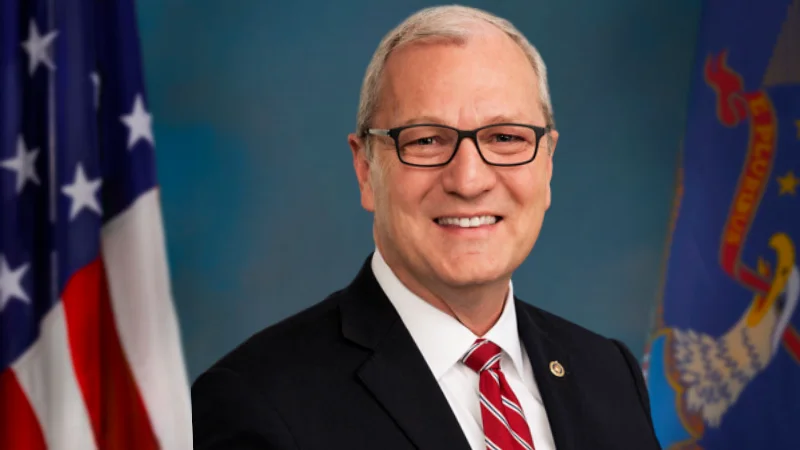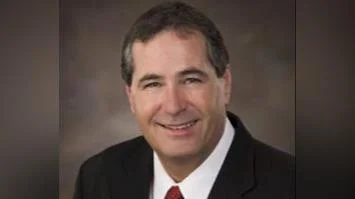Senator Kevin Cramer, US Senator for North Dakota | Senator Kevin Cramer Official website
Senator Kevin Cramer, US Senator for North Dakota | Senator Kevin Cramer Official website
The Senate Armed Services Committee convened a hearing to evaluate the posture of the Department of the Air Force, which includes both the U.S. Air Force and the U.S. Space Force. Testimonies were provided by Secretary of the Air Force Troy Meink, Chief of Staff of the Air Force General David Allvin, and Chief of Space Operations General Chance Saltzman.
U.S. Senator Kevin Cramer (R-ND), who chairs the SASC Airland Subcommittee, raised questions about space weaponization. He also addressed concerns about potential reductions in the Sentinel intercontinental ballistic missile (ICBM) program and how the Air Force plans to sustain its airborne intelligence, surveillance, and reconnaissance (ISR) capabilities.
Cramer referenced a joint statement by Russian President Vladimir Putin and People’s Republic of China (PRC) President Xi Jinping criticizing President Trump’s Golden Dome plans as “deeply destabilizing,” suggesting these new U.S. defenses could weaponize space.
Senator Cramer asked General Saltzman whether adversaries have weapons in space currently. General Saltzman confirmed this: “Yes, Senator, they do," he said, noting that Russia has demonstrated aggressive on-orbit capabilities and China has shown an ability to use a grappling arm to manipulate satellites.
Cramer further questioned if the Space Force has sufficient funding to address threats in space. General Saltzman responded that current funding is inadequate for their mission requirements in achieving space superiority.
“Scale matters, right?” he stated. “If we have the world's greatest weapons but not enough of them to defeat the enemy, then we're not adequately funded.”
The discussion also covered the significance of MQ-9 Reapers in military operations globally. Earlier this year, Cramer led a bipartisan letter to Secretary of Defense Pete Hegseth voicing concern over maintaining airborne ISR capability amidst changes in investment strategy. A similar letter was sent last year to then-Secretary of Defense Lloyd Austin.
“My commitment is, we need to do more to make sure we’re not falling backwards anywhere, and that we’re projecting forward everywhere,” Cramer emphasized before asking General Allvin if there are enough MQ-9s available for current demands. General Allvin acknowledged losses among MQ-9s due to combat and operations.
“It is getting to the point where we need to ensure that every one of them is […] as survivable as possible,” he explained, highlighting areas for improvement such as integrating enhanced low-Earth orbit architecture onto MQ-9s for increased survivability.
General Allvin noted a request for $17 million aimed at advancing this technology but expressed challenges with funding flexibility due to procedural hurdles with Congress: “But the more we can have that flexibility... it'll make them more survivable.”






 Alerts Sign-up
Alerts Sign-up